|
Read: Acts 18:18-23 & 2 Corinthians 4:16 – 5:10 (www.biblestudytools.com/nrs/acts/18.html)
Like Athens and Philippi, the city of Corinth had three parts: the city itself, its port, and its acropolis. In Athens the acropolis has become more famous than the city, at least for those of us who do not live in Greece. In Philippi the port of Neapolis has now become the city of Kavala and it is much larger than Philippi ever was. In Corinth the city, the port, and the acropolis are all archeological sites. Corinth, being located on an isthmus, actually had two ports: one to the west; and, one on the east. The western port was close to the city and was attached to the city by a fortified causeway. The western port was called Lechaion. The eastern port was called Cenchreae. Over the centuries earthquakes, storms, and wave action have moved most of the remains of both of these ports below sea level but we did get to visit the remains of Cenchreae on the Saronic Gulf. There was one other “port” that belonged to Corinth: the Diolkos. The Diolkos was a paved trackway that connected the two sides of the isthmus. It was built as early as the 7th century BC and may have been still operating during Paul’s time in Corinth. Small ships could be loaded onto this rudimentary form of a railroad and pulled across the isthmus to the other side. Larger ships would unload their cargoes at either Lecaion or Cenchreae and pay to have their cargo hauled across the isthmus to a ship on the other side. All of this was done to save the time and the danger of sailing cargo and passengers around the southern tip of the Peleponnese. Paul, Aquila, and Priscilla embarked from Cenchreae and sailed to Ephesus, either directly or by way of Thessalonica and Philippi. Paul went on alone from Ephesus to Caesarea and Antioch before starting his third missionary journey. The Bible is very clear that as Christians we should consider ourselves to be citizens of heaven. How do you feel about going home?
0 Comments
Read: Acts 18:12-17 (www.biblestudytools.com/nrs/acts/18.html)
Lucius Junius Gallio Annaeanus helps us get our most accurate date in the life of the apostle Paul. Gallio served as the proconsul of the newly created senatorial province of Achaea in 51 and 52 AD. He apparently resigned his governorship and returned to Rome for health reasons. Gallio died in Rome 13 years later. Paul had a falling out with some of the Jewish leaders in Corinth and said to them, “Whatever happens to you will be your own fault! I am not to blame. From now on I am going to preach to the Gentiles.” Paul then stopped living with Aquila & Priscilla and moved into the home of Titius Justus, who lived next door to the Jewish meeting place. But that was not the biggest blow to the egos of the Jewish leaders who did not like Paul. The biggest blow came when Crispus, the leader of the Jewish meeting place, became a believer in Jesus Christ. Crispus, his whole family, and many other people in Corinth put their faith in the Lord. Paul stayed in Corinth for 18 months. Gallio served as governor there for about two years. There was a time when Paul and Gallio were both living in Corinth at the same time. During that time some of the Jewish leaders grabbed Paul and took him to the Roman marketplace where there was a raised platform called a bema where government officials would give public speeches and hear legal cases. Gallio was there and the Jewish leaders told him, “This man is trying to make our people worship God in a way that is against our Law!” Gallio did not even allow Paul to speak in his own defense but refused to hear the case because it did not concern Roman law and so it did not concern him. People do not act the way we want them to act. How do you cope with that? Read: Acts 18:1-11 (www.biblestudytools.com/nrs/acts/18.html)
There is no New Testament city and apostle more closely associated with each other than Paul and Corinth. That association is well-earned, as I think you will see. When Paul came to Corinth in 51 AD he found a diverse city which made its living on the trade goods which passed through their isthmus. The north and south trade was between mainland Greece and the Peloponnese. The east and west trace was shipborne goods going to or coming from many points to the east and going to or coming from many points to the west (especially Italy & Sicily). Corinth had a lively Jewish community and, as was his custom, Paul went first to the Jewish meeting place. He met Aquila and Priscilla, his wife, who, like Paul, were tent makers. So Paul lived and worked with them. Before Paul got to Corinth he had already heard that Timothy and Silas were delayed by trouble in Thessalonica and so he wrote 1 Thessalonians. Then when Timothy and Silas caught up with Paul in Corinth they gave him an update on Thessalonica and Paul wrote 2 Thessalonians. Paul stayed in Corinth for about 18 months before he left with Aquila and Priscilla to go to Ephesus (they may have traveled back through Thessalonica and Philippi). After returning to his home base of Antioch (Syria) Paul began his third missionary journey by traveling through Galatia and Phrygia and on to Ephesus. In Ephesus Paul wrote his first letter to the Corinthians (1 Corinthians). He then made a short visit to Corinth (his 2nd: see 2 Corinthians 2:1, 12:14, & 13:1), traveling again through Philippi and Thessalonica, and then returns to Ephesus where he is put in prison. From prison Paul wrote a short letter to the Corinthians which we have as 2 Corinthians 6:14 – 7:1 (see 2 Corinthians 7:8-9). When Paul is released from prison he traveled again to Philippi and Thessalonica. From there he wrote the rest of 2 Corinthians and then made his third and final trip to Corinth. This must have been a much better stay with the Corinthians than his 2nd visit because Paul was able to write his epistle to the Romans while he was in Corinth. This stay lasted for about three months (Acts 20:2). Are there places that you have visited multiple times? What makes them special? Read: Acts 18:1-6 (www.biblestudytools.com/nrs/acts/18.html)
The Bible does not indicate how long Paul stayed in Athens. It may have been a matter of a few weeks and probably no more than two months. Paul moved on to Corinth, which was located on the isthmus which connects mainland Greece to the Peleponnese. This geography has played a major role in the life of Corinth. To the east of the isthmus was the Gulf of Corinth which connected to the Ionian Sea and Italy and to the west was the Saronic Gulf which connected to the Aegean Sea and Asia. There is evidence of human habitation of the area dating back 8500 years. Being a crossroads region it is not surprising to know that many different peoples from the area had a go at living here. No one stuck until the Bacchiadae in the 8th century BC. The Bacchiad unified the region of Corinth under a council and a king who served for one year. The Bacchiad ruled from 747 to 650 BC, erecting large public buildings and monuments, establishing colonies at Corfu and Syracuse, and having a population of about 5,000. Corinth continued to expand its influence and its power over the next 200 years, including inventing the Trireme warship in the late 6th century. After winning the Peloponnesian War with Sparta over Athens, Corinth began an extended period of warfare until Philip II took over in 338. In 146 the Romans declared war on the Achaean League and as the leading city that was not Athens, Corinth attracted special attention from the Romans. Lucius Mummius had all of the men of Corinth killed, the women and children were sold into slavery, and the city was burned to the ground. Julius Caesar reestablished Corinth in 44 BC. The new city had a mixed population of Romans, Greeks, and Jews. An amphitheater was built along with new temples in the new Corinth. When Paul came to Corinth about a hundred years later he found a very metropolitan city with a well-established mix of peoples as residents and a high number of foreigners as visitors. How diverse is the population where you live? Read: Acts 17:16-34 (www.biblestudytools.com/nrs/acts/17.html)
The Areopagus is a location and was an administrative body of people. This council of elders in Athens probably got started in the 7th century BC. Over the centuries its composition, function, and authority changed and fluctuated. By the time Paul arrived in Athens the Areopagus had become identified with the place that it met, on a lower rocky hill just northwest of the Athens Acropolis. During Roman times the Areopagus had administrative, religious, and educational functions. Paul was brought before the council: was he being put on trial or were they just curious about what Paul had been saying? If Paul was being charged with a crime it would have probably been that he was promoting a foreign god. If that was the case, then his opening statement is brilliant: I am not introducing a foreign god. I am introducing you to the God you have already been worshiping as an “Unknown God.” If Paul was not on trial this is still a great opening because he makes a connection from their own culture. This is still a basic tenet of sharing the Good News of Jesus Christ. The first thing that has to happen for us to effectively witness to someone else is that we must personally connect with them somehow. The old saying is, “They have to know that you care before they care what you know.” This cannot be artificial: we know how to spot a phony. And most people are not impressed that you care about their eternal soul. “If you don’t care about who I am right here and right now, then you don’t care about me.” Read Paul’s speech: verses 22-31. This is the longest evangelical speech by Paul that we have recorded. There is a plague with this speech engraved on it at Ares’ Hill (Areopagus) in Athens. There were some who responded in faith to Paul’s speech including Dionysius and Damaris. The first step to faithful witnessing is caring. If you don’t care enough to witness, then ask God to help you care. Read: Luke 8:4-15 (www.biblestudytools.com/nrs/luke/8.html)
Acts 17:17 – “Paul went to the Jewish meeting place to speak to the Jews and to anyone who worshiped with them. Day after day he also spoke to everyone he met in the market.” In our liturgy for receiving new members we ask them if they will support our church with their prayers, their presence, their gifts, their service, and their witness. Then when they have answered affirmatively we join together in a unison reaffirmation of our membership vows: “We give thanks for all that God has already given you and we welcome you in Christian love. As members together with you in the body of Christ and in this congregation of The United Methodist Church, we renew our covenant faithfully to participate in the ministries of the church by our prayers, our presence, our gifts, our service, and our witness, that in everything God may be glorified through Jesus Christ.” Paul was witnessing in ancient Athens; at the meeting place and in the market. Paul was probing the ground to see if Athens was fertile soil. From what I saw when I was there I can tell you that there was a lot of pavement (typical city), a good bit of rocky ground (about like the Texas hill country), and a whole lot of thornbushes (modern society). I am sure there is fertile soil in Athens but it was going to be hard for an outsider to find it. But Paul was right at home in the Jewish meeting place and he knew the Greek language and he was acquainted with the teachings of the Greek philosophers. God has planted each of us right where God wants us to grow. Most of us do not need to go more than a mile from our home to find people in need. They need someone to listen, they need someone to care, they need to hear good news. Be a friend and then be a witness. Photo: The ancient Greek market on the left and the Roman market in the lower center. Read: Acts 17:14-18 (www.biblestudytools.com/nrs/acts/17.html)
The account of Paul’s travels in Acts does not say that he took a boat to Athens but it does say that from Berea he went down to the coast. Traveling by water would have been much faster than walking and in this case even safer because they would have been able to sail along the coastline and never adventure into open water. There is a good chance that Paul and Luke came ashore at the old port of Athens, Phaliron, which would have been about three miles from the Athens Acropolis. Athens has been continuously inhabited for at least 5,000 years. More than 3,000 years ago, the Mycenaeans controlled the area and built a major fortress on the Acropolis. The Mycenaean empire fell around 1200 BC and Athens declined for a while. Around 900 BC Athens had again become an important center for trade and shipping. Sometime around the end of the 8th century the various small towns clustered around the Acropolis united with a common parliament and a fire-keeper (ruler or king). During the 7th and 6th centuries BC the monarchy of Athens became an aristocracy and then a tyranny. In 508 BC Cleisthenes founded democracy as a political system in Athens. But the 5th century was marred by war. Athens was sacked twice in less than a year by the Persians. After the Persian War Athens flourished. Under the leadership of Pericles, and others, this was Athens’ golden age (477–431 BC). Then the Peloponnesian War: two city-states that had joined together to defeat the Persians now fought for control of most of modern Greece; Athens and Sparta. Athens surrendered in 404 BC. Philip II conquered Athens in 338 BC and then the Romans occupied Athens in 146 BC. The Athens that Paul entered was past its prime but still impressive. Are you past your prime? (Don’t forget you have an eternity to live with Jesus.) Read: Acts 17:10-15 (www.biblestudytools.com/nrs/acts/17.html)
Finally leaving the Via Egnatia which goes northwest from Thessalonica, Paul, Silas, Timothy, and Luke flee the city southwest toward Berea, through the Axios River plain to the foothills of the Olympic Mountain Range. Berea was located at the entrance to the major pass through the mountains. Verse 11 says, “The people of Berea were much nicer than those in Thessalonica, and they gladly accepted the message.” Why was that? “Day after day they studied the Scriptures to see if these things were true.” It seems that the people (and leaders) of Berea were open to learning new things. They were willing to investigate new ideas and discover if they could be true. Did this openness of mind translate into an openness of heart as well? It is interesting that in Philippi we met Lydia and in Thessalonica we met Jason but in Berea we met nobody by name. Could it be that in Philippi and Thessalonica there was only one person willing to host Paul and friends but in Berea there were so many willing that they each stayed in a separate home? Perhaps Luke could remember who hosted him but he could not bring to mind the names of the other three families that graciously welcomed them. Many people in Berea put their faith in Jesus – so many, in fact, that word got over to Thessalonica and the trouble-makers there came to make trouble in Berea. Because Paul was the most easily recognizable person in their group, he left for the coast and caught a boat to Athens. Silas and Timothy stayed in Berea just long enough to appoint leaders for the new church. Have you ever had to split-off from a group you were traveling with? How did that make you feel? Read: 1 Thessalonians 2:1-16 (www.biblestudytools.com/nrs/1-thessalonians/2.html)
Paul, Silas, Timothy, and Luke arrive in Thessalonica and end up staying with a man named Jason. We assume that Jason was a Jew who welcomed these Jewish travelers into his home and then became a believer in Jesus after he heard them proclaim the Good News. Acts 17:5-9 is the only place that Jason is mentioned in the Bible unless he is the same Jason mentioned by Paul in Romans 16:21 as one of his “Jewish friends.” Paul and his friends attend worship at the Jewish meeting place in Thessalonica for three Sabbaths in a row. Paul is allowed to speak and he shows them that their Scriptures teach that the Messiah must suffer and die and then rise to life. I can imagine Paul stopping there and asking his listeners to think and talk about this during the week and to come back next week to hear more. Then on the next Sabbath Paul started by asking if anyone had any questions about the Messiah. After he had answered their questions Paul told them that Jesus is the Messiah. Paul told the people about Jesus: how he lived, the things he said and did, and the way he treated the least, the last, and the lost. He told them about how Jesus died: the Lamb of God giving his life for our forgiveness. He told them about the resurrection: on the third day Jesus rose from death and is alive forever more. “We can join with him: in his death and in his life.” Some of the Jews and some Gentiles believed the message. Some of the Jewish leaders in Thessalonica were jealous and angry. They hired some men to start a riot and try to find Paul and Silas at Jason’s home. But they had to settle for abducting Jason and a few other believers and taking them to the city leaders. They shouted that Paul and Silas and these others were breaking Roman law by proclaiming Jesus as their king. Have you ever been accused of proclaiming Jesus as your king? Me either. We should do something about that. Read: Acts 17:1-9 (www.biblestudytools.com/nrs/acts/17.html)
In 353 BC King Philip II of Macedon, allied with and leading the army of Thessaly along with his own army, defeated the Phocians in the Battle of Crocus Field. One year later a daughter was born to King Philip and his Thessalian wife, Nicecipolis. Philip decided to name the young princess Thessalonike, which means “Thessalian Victory.” Nicecipolis died shortly after the birth and little Thessalonike was raised by her step-mother Olympia, King Philip’s fourth wife and the mother of Alexander. When Alexander died in 323 BC his generals/friends began fighting over his kingdom. Cassander out maneuvered others who wanted to rule the homeland of Macedon/Greece and a part of his plan was to marry into Alexander’s family: he took Thessalonike as his wife in 315 BC. Looking for ways to bolster his claim to the throne and to consolidate his power, Cassander ordered 26 villages on and near the Thermaikos Gulf to move to the town of Thermi. Cassander then renamed the new city in honor of his new wife, Thessalonike. The location of Thessalonike was ideal: facing the Gulf of Thermaikos with rugged hills on its left shoulder and a river on its right; surrounded all about with rich farmland that includes the Axios river valley which ties it to the Balkan interior. Thessalonica remained an important city through the Roman takeover and was considered the second city of the Byzantine Empire. Always an important port and trading center for the many crops grown all around it, Thessalonica had what it took to endure many changes over the centuries. It joined the Greek state in 1912 and is the second largest city in Greece and one of the busiest ports in the Mediterranean basin. Pictured below is the White Tower of Thessalonica and the city’s waterfront district. Paul and his friends would have found the city comparatively just as urban and cosmopolitan as you and I would consider Thessalonica to be today. Do you prefer cities or rural areas? Why did Paul seem to favor cities? |
AuthorIn matters of faith, we at First United Methodist Church, Sealy put primary reliance on the Bible. In scripture, we understand that we are all God’s children; therefore, we will be a church that cares for the needs of our church and local community through prayer, deeds, inspiration, and love in the spirit of Christ. Archives
July 2020
Categories |
Location |
Our MissionCaring for the needs of our church and community through prayer, deeds, inspiration and love in the Spirit of Christ.
Sunday Worship: 10 am Adult & Children & Youth Sunday School 9 am First Kids Mother's Day Out (Tuesday & Thursday; 8am to 2pm; Ages 1-3) Rev Pat Bell, Pastor First United Methodist Church Sealy
200 Atchison Street Sealy, Texas 77474 979.885.2223 |
Contact Us |
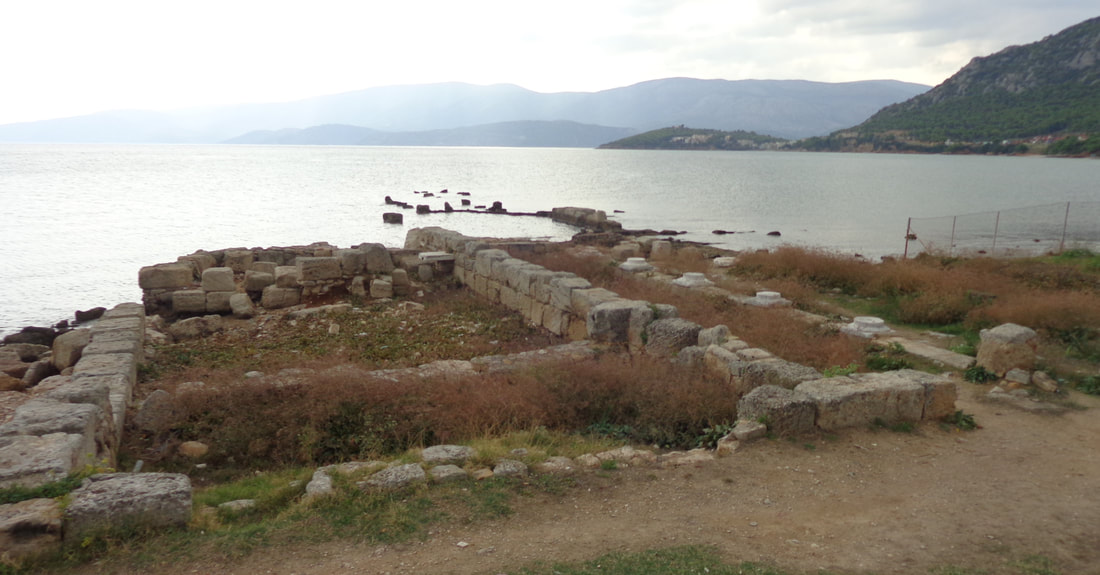
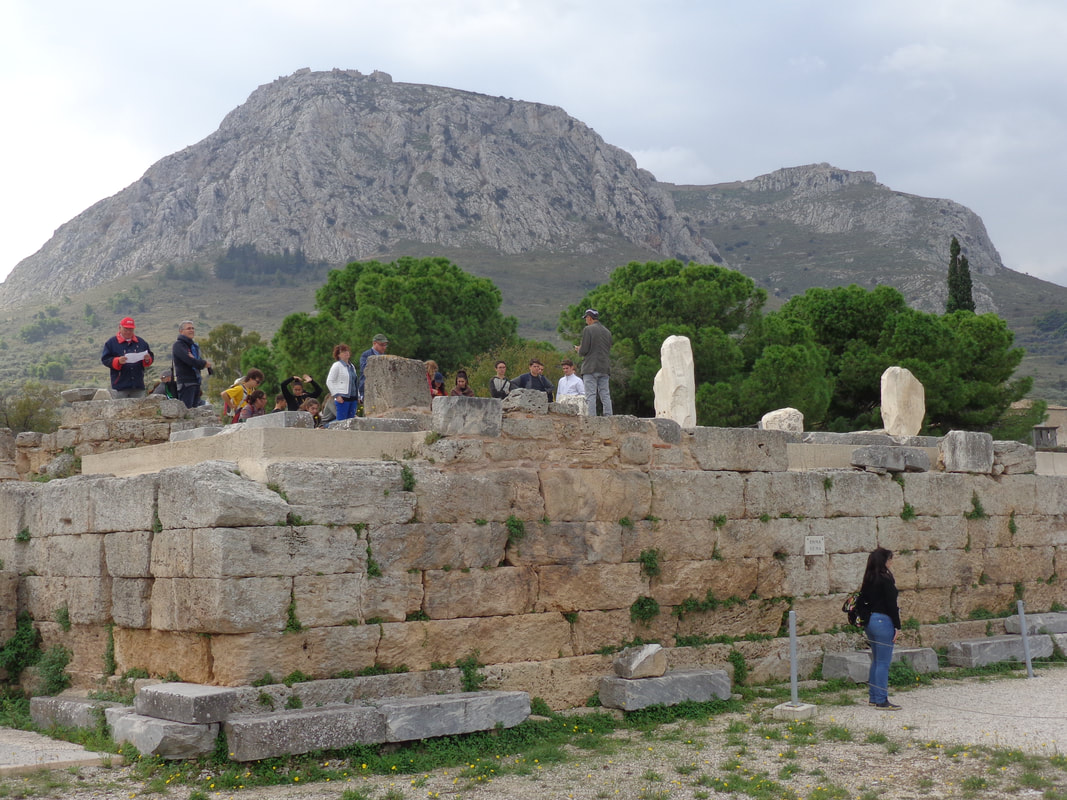
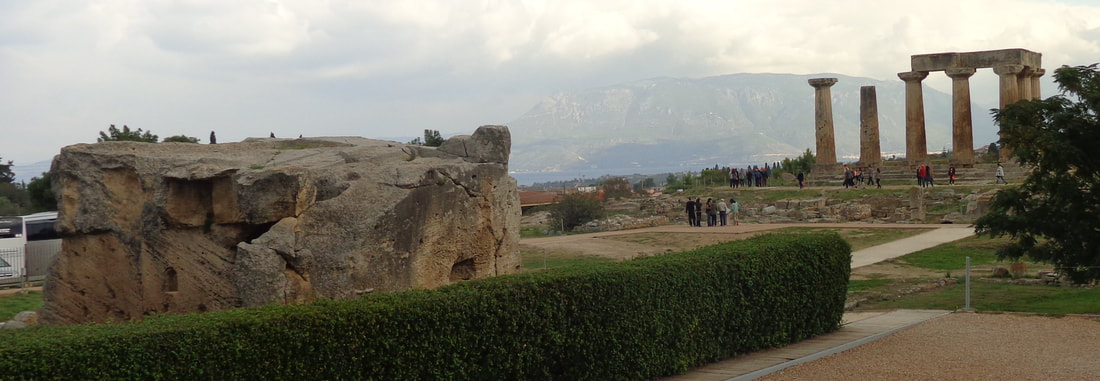
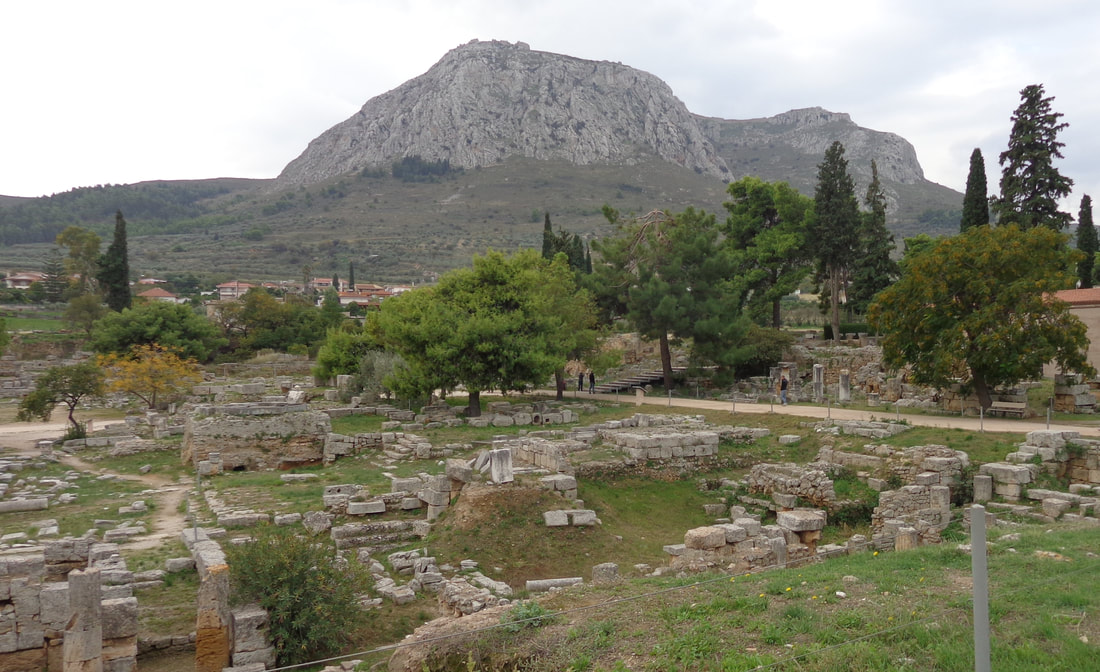
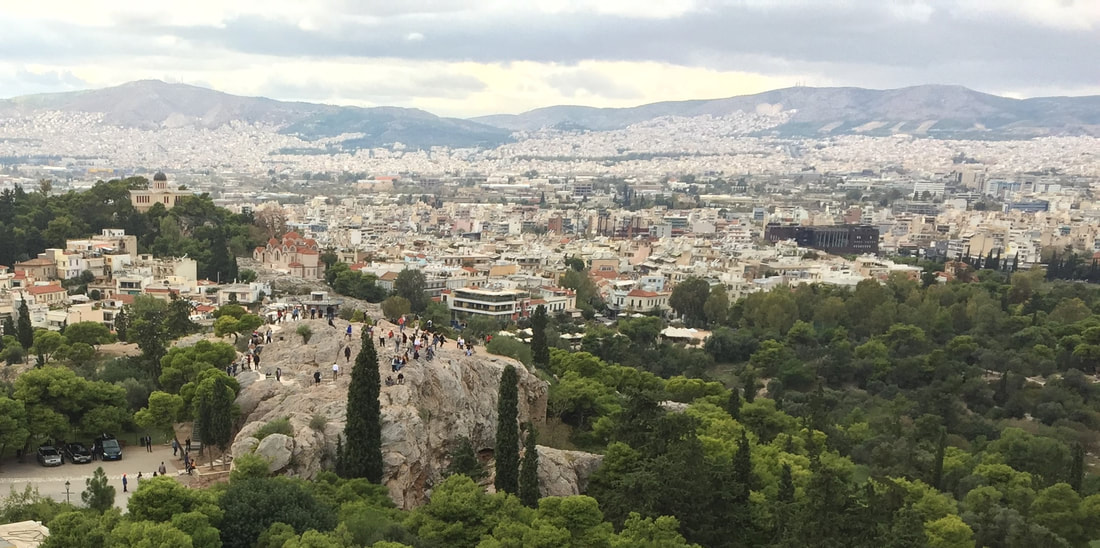
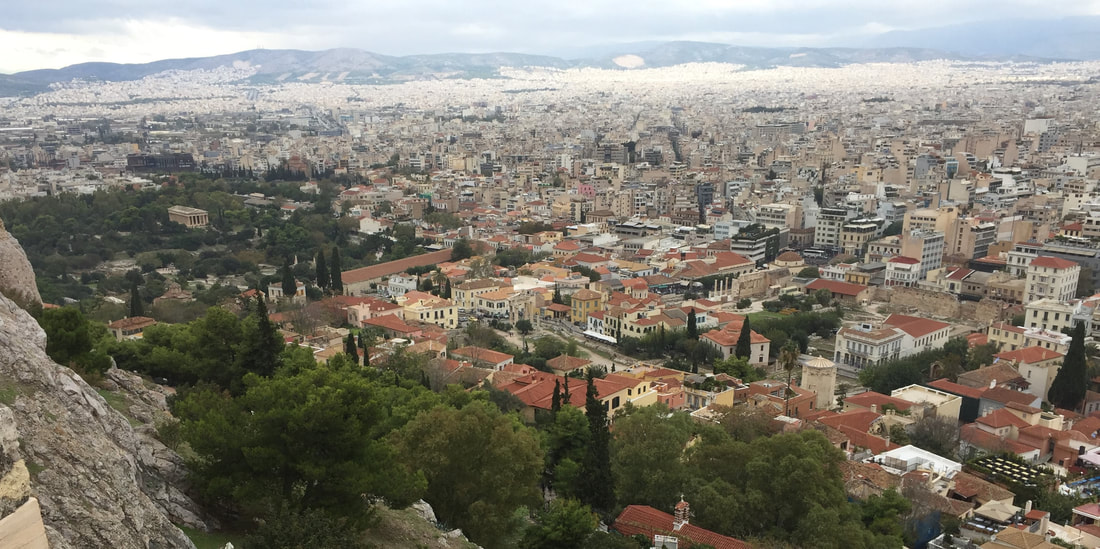
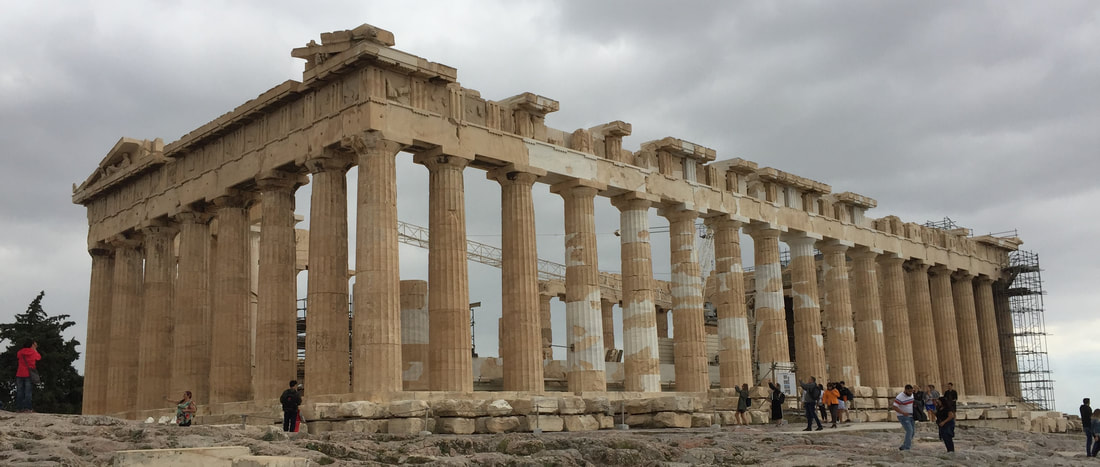
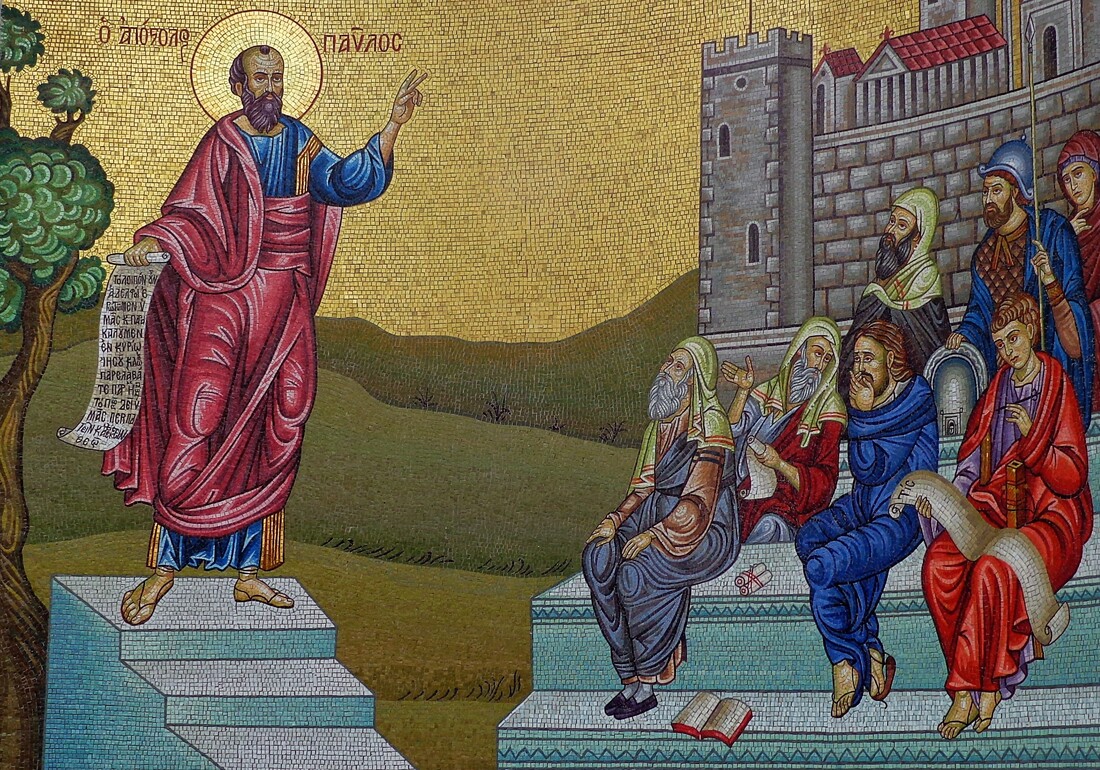
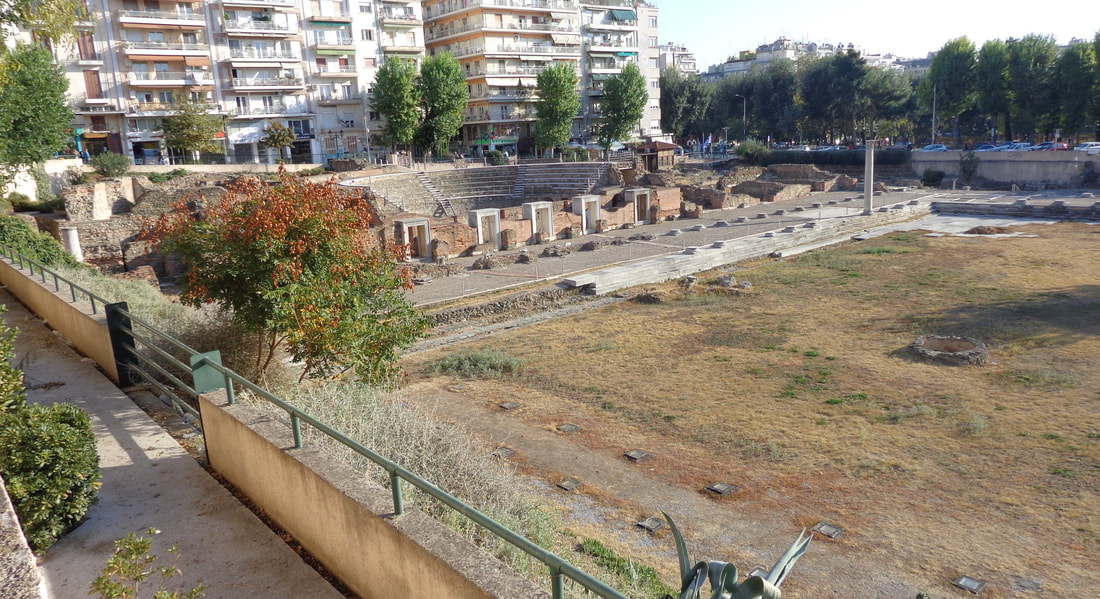
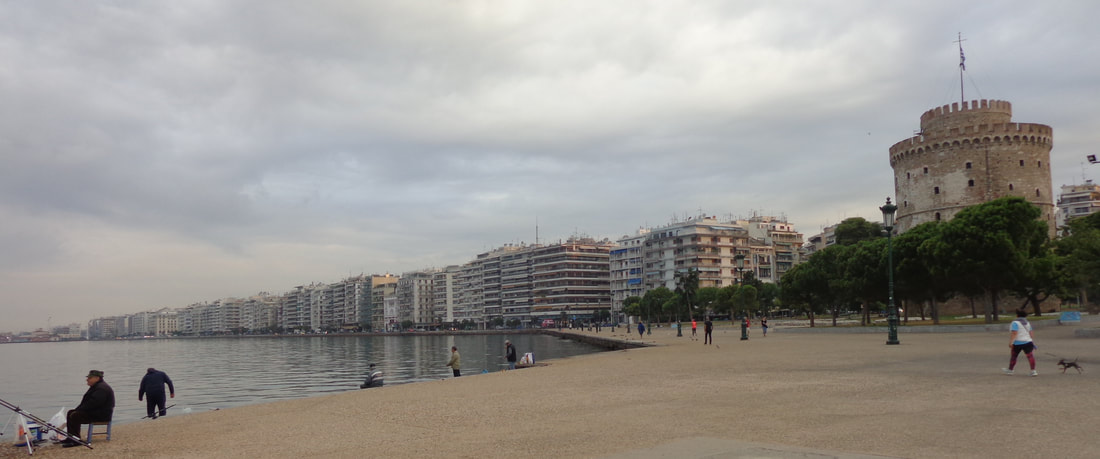
 RSS Feed
RSS Feed